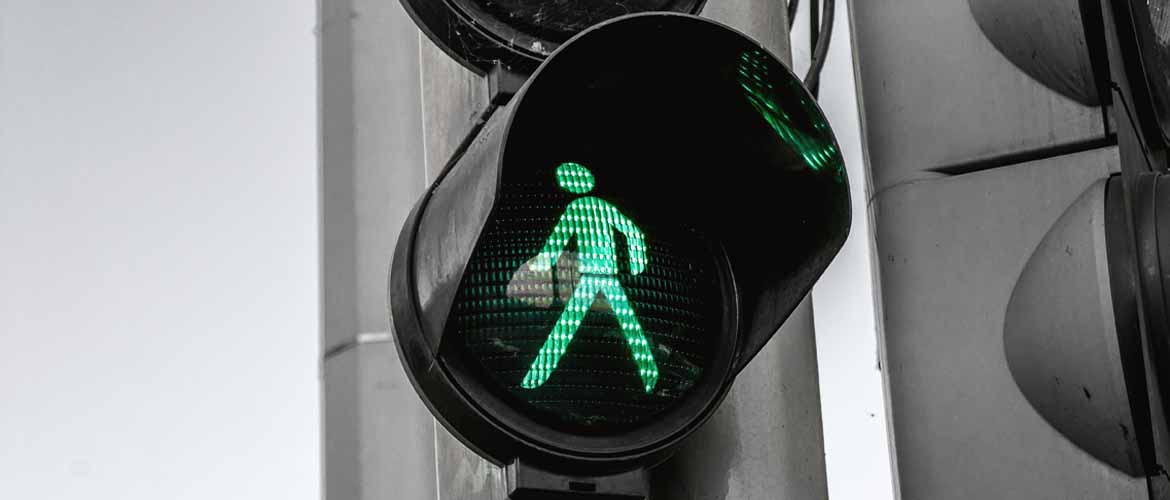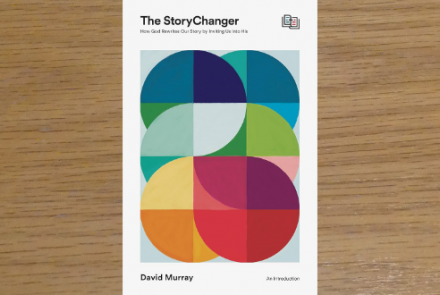Accountability (Robert's experience)
Being in an accountability relationship has been a source of great blessing in my life and, therefore, writing an article on the topic is a positive step forward for me. I am aware, though, that this subject is not always one that is met by others with the enthusiasm I view it.
Accountability within the Christian church has often been totally overlooked. In one survey carried out in 2013, it was reported that only five percent of the Christians interviewed believed that the church they belonged to did anything to hold them accountable. This may be due to the fact that many view the whole subject with great scepticism and suspicion, putting forward strong arguments against the need for it. Adopting negative attitudes may simply be due to many having had a bad experience in relation to accountability, or down to the fact that accountability has, by some, been reduced to nothing more than a system to manage sinful behaviours, an endless list of do’s and don’ts. Nevertheless, I feel it is important not to throw the baby out with the bath water.
Accountability is not primarily about some type of sin management system that will enable the Christians to achieve a state where sin is no longer present in their lives. It is not about policing the person who is struggling with sinful addictions or behaviours. No! It’s about a ‘putting off’ and a ‘putting on’ that will lead to overcoming sin through loving God (Eph 4:22-24).
What’s it all about then? What makes the accountability I have experienced within my local church different and effective? In answering these questions, I will start with a simple definition of the term.
Accountability is, in my view, “a check and balance system to protect the Christian from harm from themselves and from others.” For me it is a process that enables me to be open and honest and to take into consideration how I am behaving. It involves me being answerable to someone within my church leadership team. The ‘check and balance system’ set up by my pastor and eldership is not about confrontation, because that is never the genuine purpose behind true accountability. Rather the emphasis is upon building a quality reflective relationship, where I am helped with my issues in relation to sexual addiction and experience spiritual growth. It is not about how I personally overcome my addictions, but is built on the principle of how both of us would be overcomers with Christ as Lord of our lives. The system put in place by the leadership in my church isn’t just about giving me an outlet to share my sin and then for me to hear words of rebuke. The reasoning behind it is that each encounter would be about spending time encouraging each other and sharing God’s goodness and grace. For example, we would discuss something God had been revealing through the Bible or a journal entry and building up mutual respect, trust and love.
The benefit of accountability is that I am involved in a system owned and protected by God and it is enabling me to experience God’s blessing in my daily living. It has given me the tools I needed to begin to devise ways to deal with my addiction and become responsible for my actions. Through a two way process my accountability partner and I have been able to identify areas where our relationship with God is weak or inadequately developed and then with each other’s support to grow in wisdom. We usually meet on a monthly basis, but sometimes arrange ad hoc meetings to catch up if there is a need.
In conclusion, accountability is not some type of magical system that will cure you instantly and remove the responsibility to live a holy life. It can only be as effective as you want it to be. If both parties are not willing from the start to be upfront and honest, then the whole process will be pointless and of no value. For me, that involves identifying the triggers that drive me to act out my sinful fantasies, instead of turning to God for deliverance from them. This is where accountability is so beneficial to me and can be to others. If I can become more aware of the sin which fuels my addiction, then I am not tripped up and can learn to break the cycle of sexual addiction in my life.
This is the second article in a series on accountability, which includes a variety of personal perspectives.






